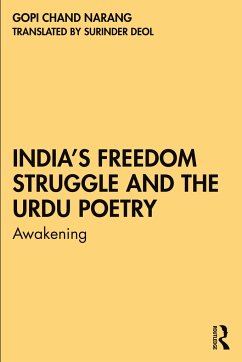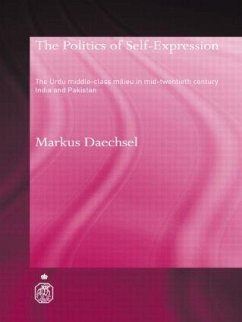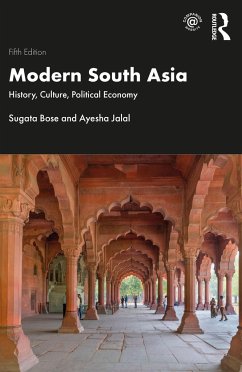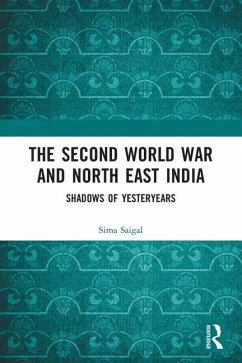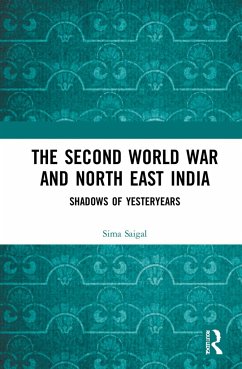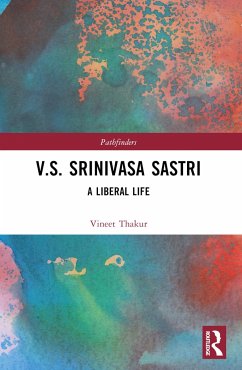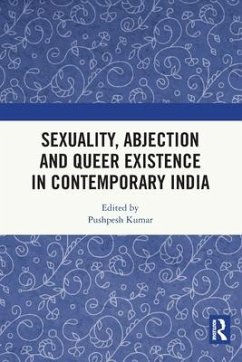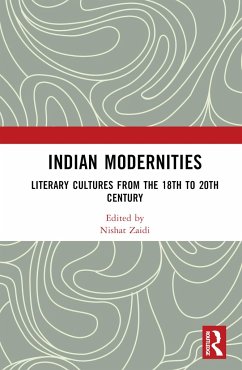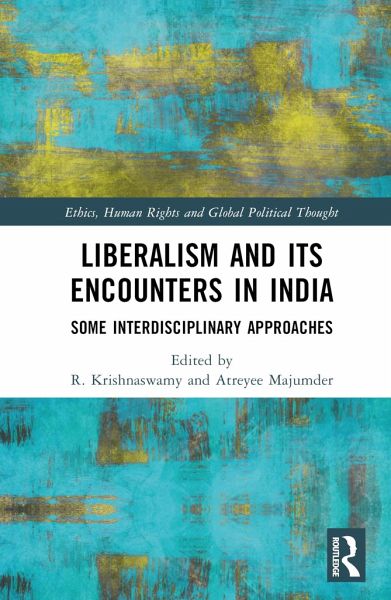
Liberalism and its Encounters in India
Some Interdisciplinary Approaches
Herausgegeben: Krishnaswamy, R.; Majumder, Atreyee
Versandkostenfrei!
Versandfertig in 6-10 Tagen
154,99 €
inkl. MwSt.
Weitere Ausgaben:

PAYBACK Punkte
77 °P sammeln!
This book explores the future of liberalism in India. It moves away from traditional approaches and draws upon resources from other disciplines - those subjects which some might think don't strictly fall under political science or theory - like anthropology, literature, philosophy - to critically engage with the condition of late capitalist modernity in India.The essays in the volume trace liberalism's journey through modern Indian history to give us a new standpoint to understand current debates and also point to some internal contradictions of Indian liberalism.The volume will be of importan...
This book explores the future of liberalism in India. It moves away from traditional approaches and draws upon resources from other disciplines - those subjects which some might think don't strictly fall under political science or theory - like anthropology, literature, philosophy - to critically engage with the condition of late capitalist modernity in India.
The essays in the volume trace liberalism's journey through modern Indian history to give us a new standpoint to understand current debates and also point to some internal contradictions of Indian liberalism.
The volume will be of importance to scholars and researchers of political science, especially political theory, and South Asian studies.
The essays in the volume trace liberalism's journey through modern Indian history to give us a new standpoint to understand current debates and also point to some internal contradictions of Indian liberalism.
The volume will be of importance to scholars and researchers of political science, especially political theory, and South Asian studies.




